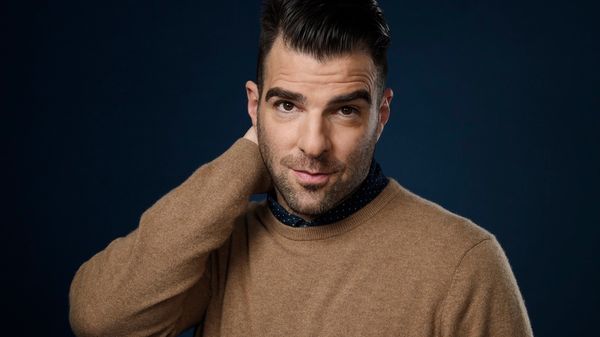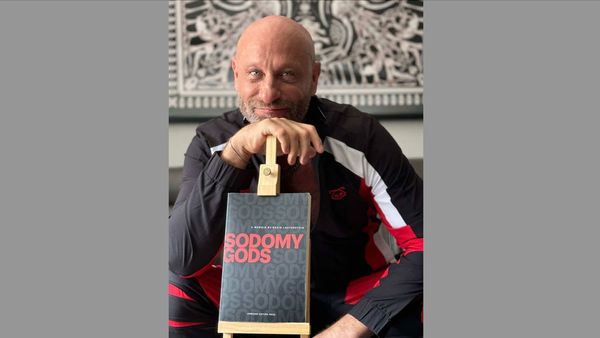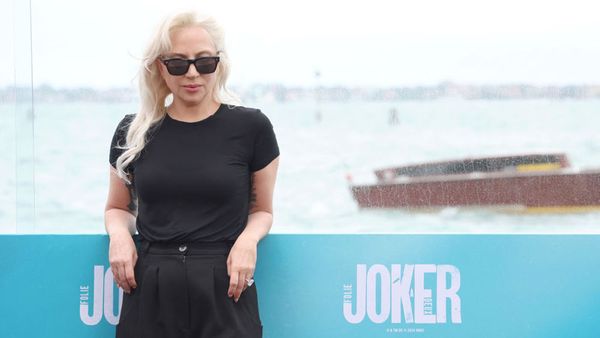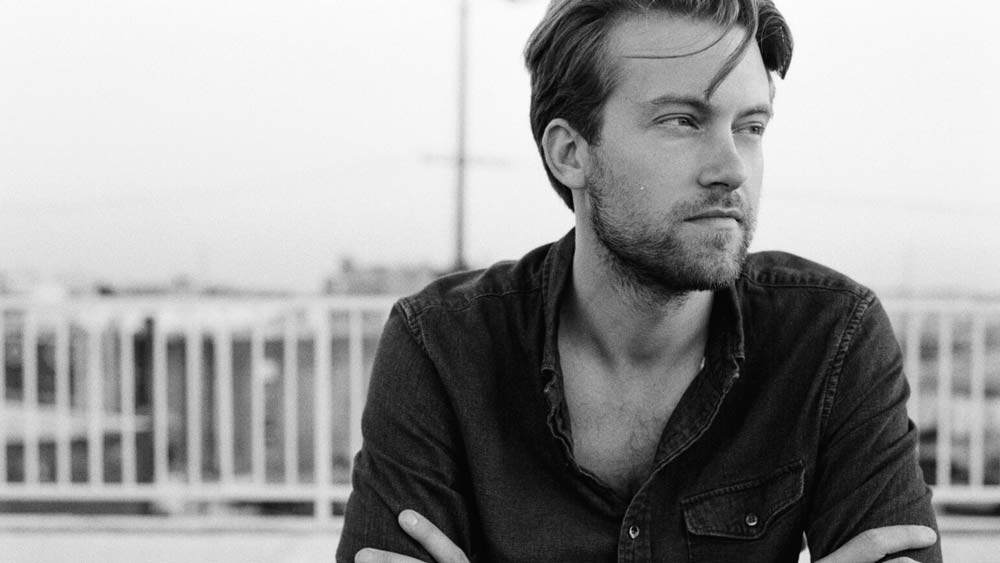
Sep 10
EDGE Interview: Innovative Director James Darrah Puts Mozart in the 'Twilight Zone' with BLO's 'Mitridate'
Nicholas Dussault READ TIME: 11 MIN.
Boston Lyric Opera (BLO) opens its 48th season with "Mitridate, re di Ponto," a rarely performed work by Wolfgang Amadeus Mozart written when he was just 14. The story of absolute power, corruption, politics and dysfunctional family dynamics is as relevant today as it was when it first premiered in 1770. But if you're thinking it's going to be an old school opera experience, you couldn't be more wrong.
Stage Director James Darrah promises an opera experience unlike anything you've ever seen. The forward-thinking artist, known for his trailblazing exploration of the intersection of film and opera, will be shaking up the status quo. Think 1960s, when America first began to treat their politicians like royalty. His cutting-edge work often employs film and video, such as his earlier collaborations with the BLO, which include a new animated feature-length film of Philip Glass's Edgar Allan Poe adaptation "The Fall of the House of Usher" and the world premiere of "Desert In," an acclaimed first-of-its-kind merger of episodic television and opera with eight writers and eight composers each collaborating on a segment. As part of his deep commitment to presenting new operatic works, he directed Ellen Reid's Pulitzer Prize-winning "prism" with LA Opera, as well as two operas by Missy Mazzoli, an adaptation of the film "Breaking the Waves" and "Proving Up." He also directed Academy Award winner John Corigliano's "The Lord of Cries" with Santa Fe Opera.
Recently EDGE had the chance to speak with the multi-disciplined Darrah from his LA home. In addition to stage direction, he is a designer, screenwriter, and producer who uses his skills to explore the intersection of film, television, and opera + new music. In the following interview, he discusses "Mitridate," and the changing world of opera.
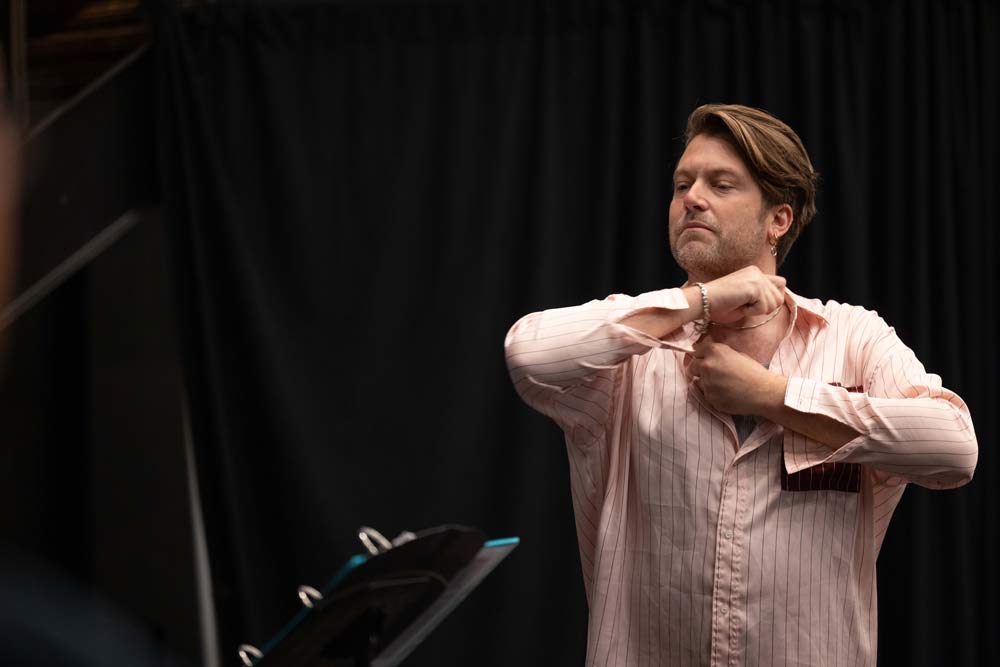
Source: Kathy Wittman
EDGE: A bit of a disclaimer here. When it comes to opera, I'm a bit of a neophyte.
James Darrah: You're perfect. When you say you don't know opera, I think, "You're exactly the type of person that I want coming to an opera." There are no ideas of how you must do exactly whatever the traditional thing would be. If it's traditional that you want, we should have a National Opera Museum that just does historical performance and you can go watch them there. But if it's to be a live art form it has to take risks.
A lot of opera is so expensive. It's expensive doing a full orchestra together. It's why ticket prices are what they are. Companies are hesitant to allow failure or risk. I'm only interested in risky things, in things people haven't heard. I've never directed "La Boheme." I've never directed much of that sort of romantic middle-like repertoire that people think of when they think of opera.
EDGE: Why is a production of "Mitridate" considered a risk?
James Darrah: Let's start with It's this crazy thing that he wrote when he was a teenager. It premiered in Milan and was pretty successful, but it's not often performed because the vocal roles are very hard. It's early Mozart. It sounds very different than what people think of as some of the later things in Mozart's brief life. It's cool that Boston's doing it. It's kind of a rarity. I think it's also not often performed because the plot makes absolutely no real sense. It's not geared for a modern audience, but Boston has been great because we've made some cuts to it that, I think, makes it better. The music is fabulous. Let's tell a story that makes sense with what it is and make it an exciting experience. That's kind of where we've gone with it.

